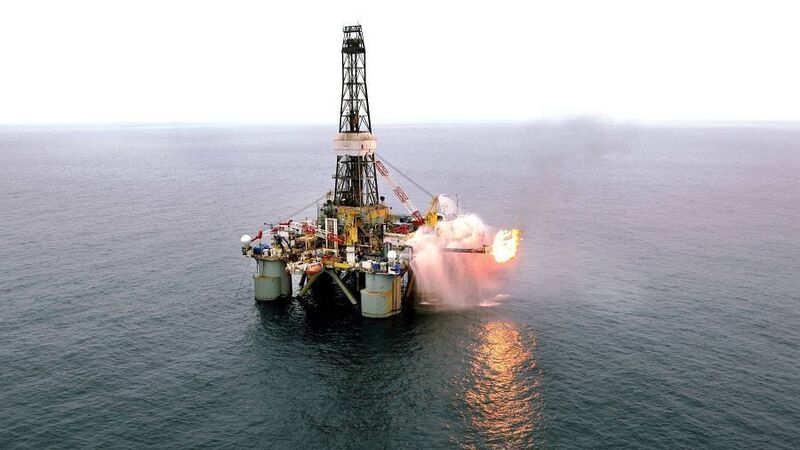Providence abandons Kerry well

The Dunquin North exploration well was found to be mainly water-based, with no commercially recoverable hydrocarbons contained.
However, the Dublin-based exploration firm — which has a 16% stake in the Dunquin field — has put a positive spin on things, saying the finding de-risks the entire South Porcupine Basin and shows the potential of the adjacent Dunquin South well.
















